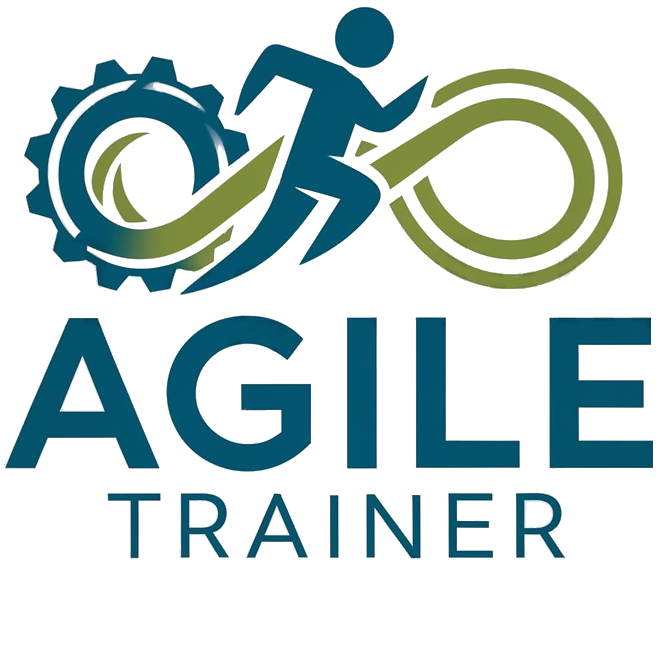The Role of Agile Coaching: Importance, Requirements, and Applications.
The concept of agile working is widespread, and methods like Scrum or Kanban are theoretically easy to understand. However, implementing agile practices in companies is much more complex. There is no one-size-fits-all approach to agility; rather, it is a process where companies must make individual adjustments and proceed step by step. In this context, the support of an expert proves to be valuable. But what exactly is “agile coaching”? What skills do agile coaches possess, and how can they specifically help? What benefits does agile coaching bring to companies?
What is Agile Coaching?
Agile coaching supports companies, departments, teams, and individual team members or leaders in adopting agile practices. This transformation affects fundamental working methods, mindsets, tools, and roles (e.g., Scrum Master). The agile coach sets the direction, while the coachee navigates the path to agility. This coaching follows the principle of “help for self-help,” allowing agility to be established in the company independently and sustainably.
In Brief: What Does Agility Mean?
Agility aims to quickly develop an initial, usable version of a product or service and provide it to the customer early on. The focus is on a continuous improvement process. A key aspect of agile work is autonomous and self-organized teams.
Tasks and Challenges of an Agile Coach
Effective agile coaching combines various techniques such as coaching, consulting, and training, depending on the need. A coach helps clients find their own solutions, while consultants propose solutions directly.
Our coaches identify when knowledge needs to be imparted (training), when it is more effective to suggest solutions (consulting), and when to support the client in finding their own solutions (coaching). This dynamic adaptation to the client’s needs distinguishes our agile coaches from others.
Areas of Agile Coaching
1. Skills Coaching
Skills coaching involves imparting or developing skills necessary for implementing agile methods. This often includes a fundamental change in work and thought processes. For instance, developers must learn to work incrementally and regularly deliver shippable product increments rather than aiming for a perfect end product.
2. Team And organisational Coaching
Agile methods promote team-based work. Team dynamics coaching supports the formation of high-performing teams and helps address challenges such as a lack of understanding of the benefits of teamwork or conflicts during team development.
3. Individual Coaching
Individual development is the focus here. It helps individuals gain new perspectives and understand the relationship between agile work and their role. This coaching is aimed at team members in agile roles as well as leaders.
Key Competencies of an Agile Coach
An experienced Agile Coach possesses extensive knowledge of agile methods, principles, and values, along with practical experience in their application. Important competencies include coaching skills, a broad network with other agile coaches, and the flexibility to switch between coaching, training, and consulting as needed.
Contact us if you would like to use our consulting or coaching services!

